Creating and watching your Dungeons & Dragons character grow is the most fun you can have in a campaign. Between the role-playing and battles, a lot of what makes your character tick will be tied to their class. You only get to choose your character class once they’re created, so which should you go with? There are plenty of classes, all differing strongly from the others, and every one has its uses in the right hands. Here are the five best character classes in Dungeons & Dragons 5th Edition. If your party has these characters, you are set up well for success.
Bard

Bards are the most flexible of all classes in Dungeons & Dragons. The first thing worth mentioning is Bardic Inspiration, which adds a dice roll to your or a friend’s ability and attack rolls. While buffing your friends, you can also debuff enemies and have many spells at your disposal capable of charming, healing, and more. After unlocking the Jack of all Trades ability, all ability checks that you are not proficient in instantly become better by adding half of your proficiency. Bards are at the very least pretty good at everything and excellent at the things they focus on.
Cleric

While not a must-have in every party, clerics are significant characters. They are great healers or tanks who are wholly dedicated to their deity. After the fifth level, they are masters at destroying large groups of undead and eventually will be able to call upon a god to do something to aid the group or potentially the larger world. On the healing side of things, should you choose the life domain, you will be able to heal both your party members and yourself more than any others. The bonuses you get as you level up will make you a useful tool for keeping your party alive and even bringing them back from the dead. If you don’t want a healer cleric, there are multiple other ways you can build your character to take advantage of those playstyles.
Rogue

Rogues are entirely reliant on using their nimbleness and stealth to their advantage. They sneak, thieve, and avoid the law at every turn. With Sneak Attack, your character will deal more damage when the enemy is focused on something else, but on the defensive side, you can halve any incoming damage you see with Uncanny Dodge. You also can easily protect yourself by using Dash, Disengage, or Hide as a bonus action and take advantage of the extra proficiencies you get from this class. As you level up, you gain more dexterity-based skills that make you a quick and efficient killer and thief.
Warlock

Warlocks have the best cantrip in D&D in Eldritch Blast, an offensive spell that does a lot of damage in early campaign scenarios and can be continually powered up. The invocation system also gives a variety of other useful spells and abilities you can outfit yourself with. You can get many valuable skills with a warlock (some that are not usually obtainable in this class if you build right), allowing you to customize your character exactly to how you want them to play and fill up any glaring holes in your party. With so many of them not costing you a spell slot, as well as regaining spell slots during short rests, you have many opportunities to carry out any plan you have.
Wizard

As you would expect, wizards are the most complete spellcasters in D&D. From the very beginning, they have a spellbook they can use to record their incantations and learn new ones written down in the environment. What we love most about wizards are the varying schools you can partake in to lead you down the path you want to go. For example, the School of Abjuration focuses on magic to protect people. If you don’t want your wizard to be focused on harming others, you can be the one who denies and banishes evil. In contrast, the School of Enchantment focuses on charming others and, at one point, it can even alter memories of characters. In total, there are eight schools you will need to choose from at level two. Take your time and decide what kind of wizard you want to be.

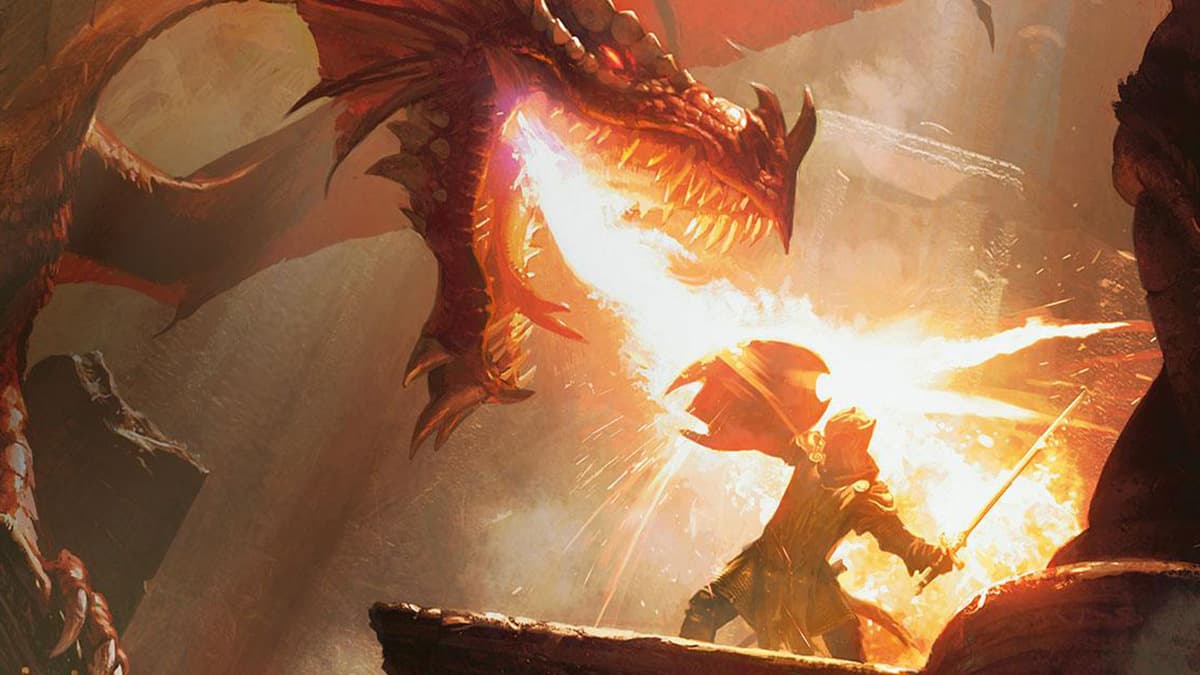

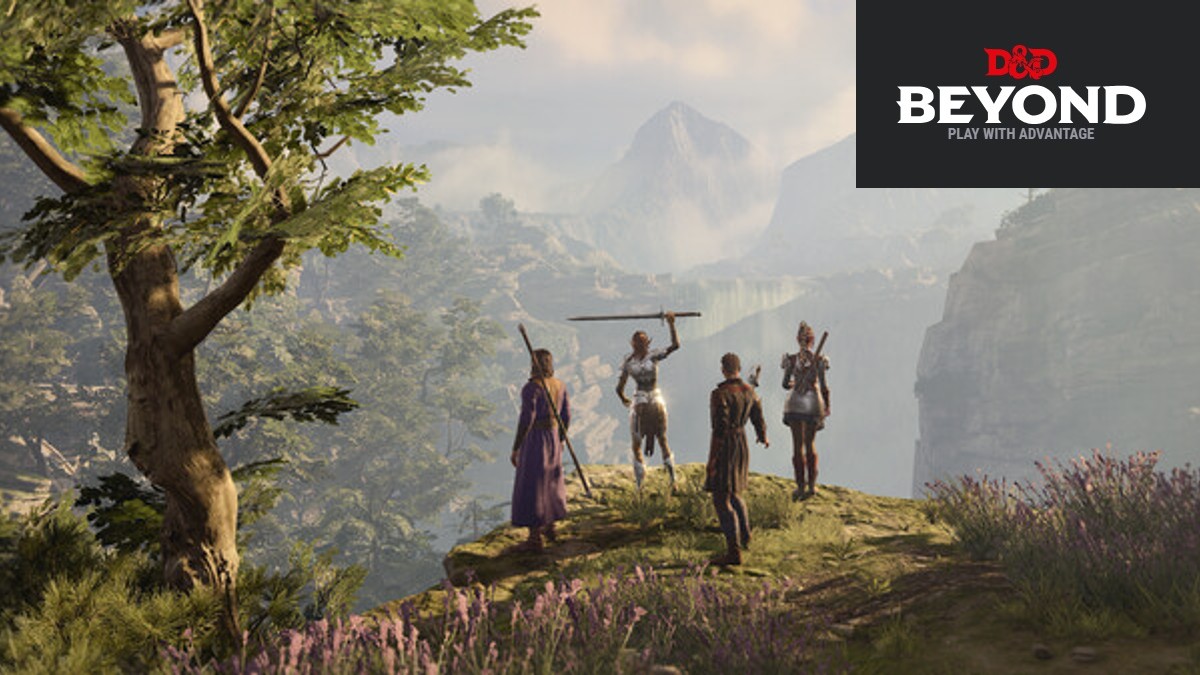
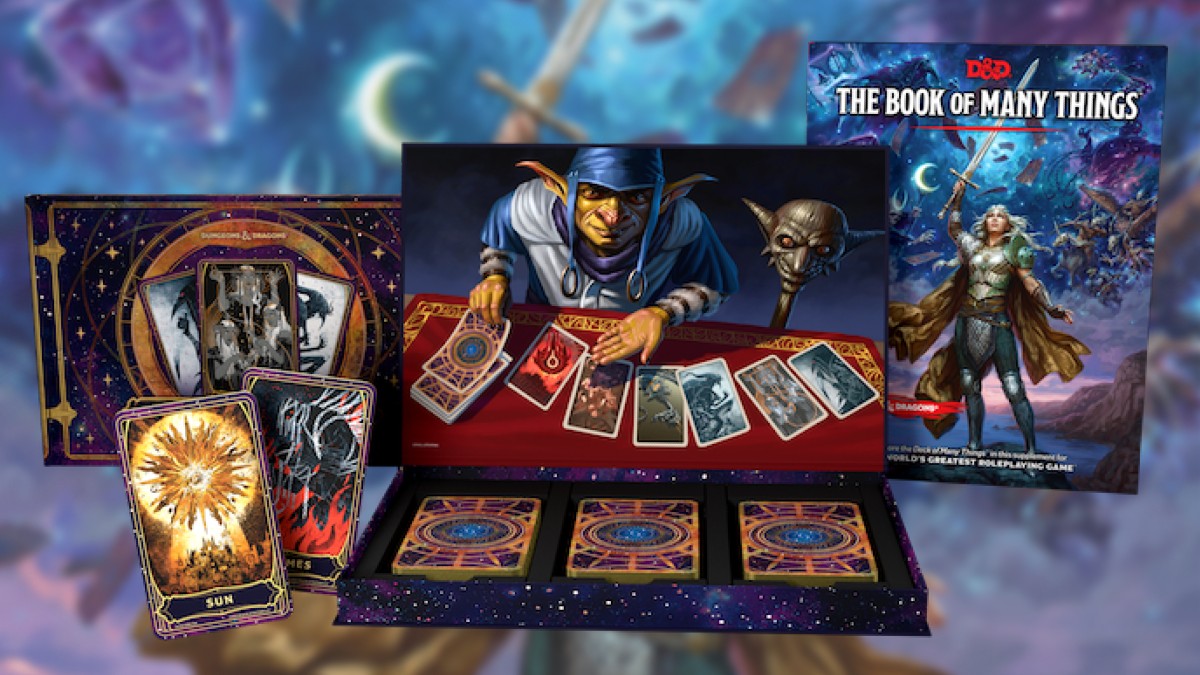
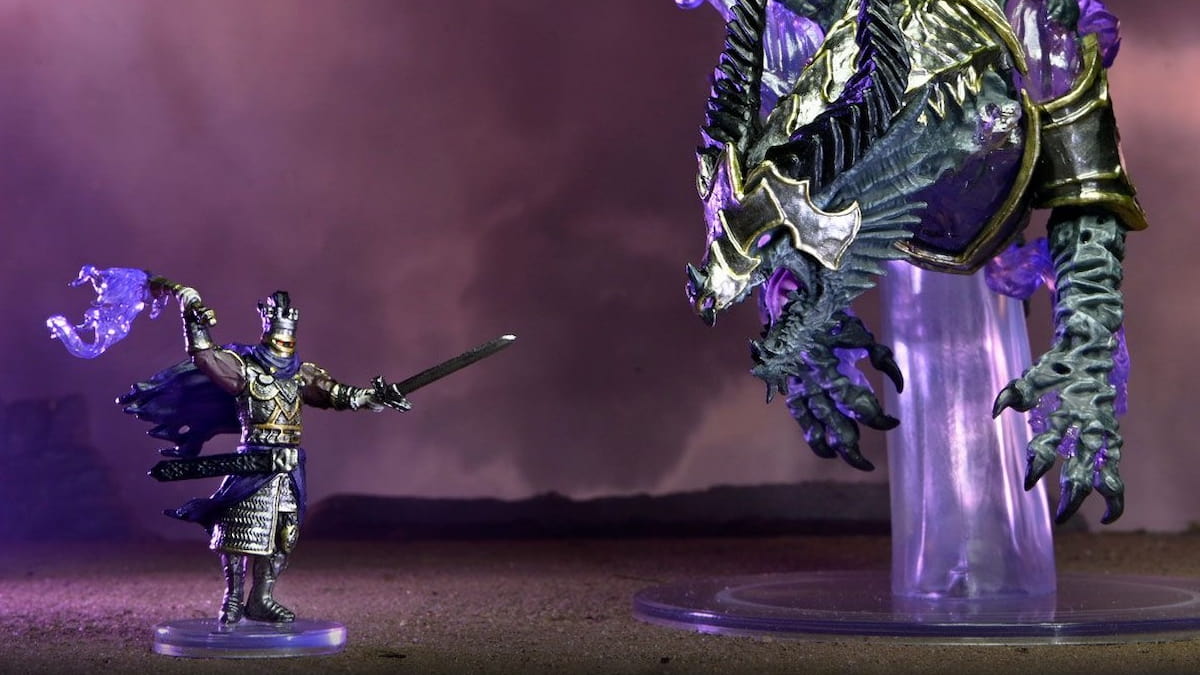
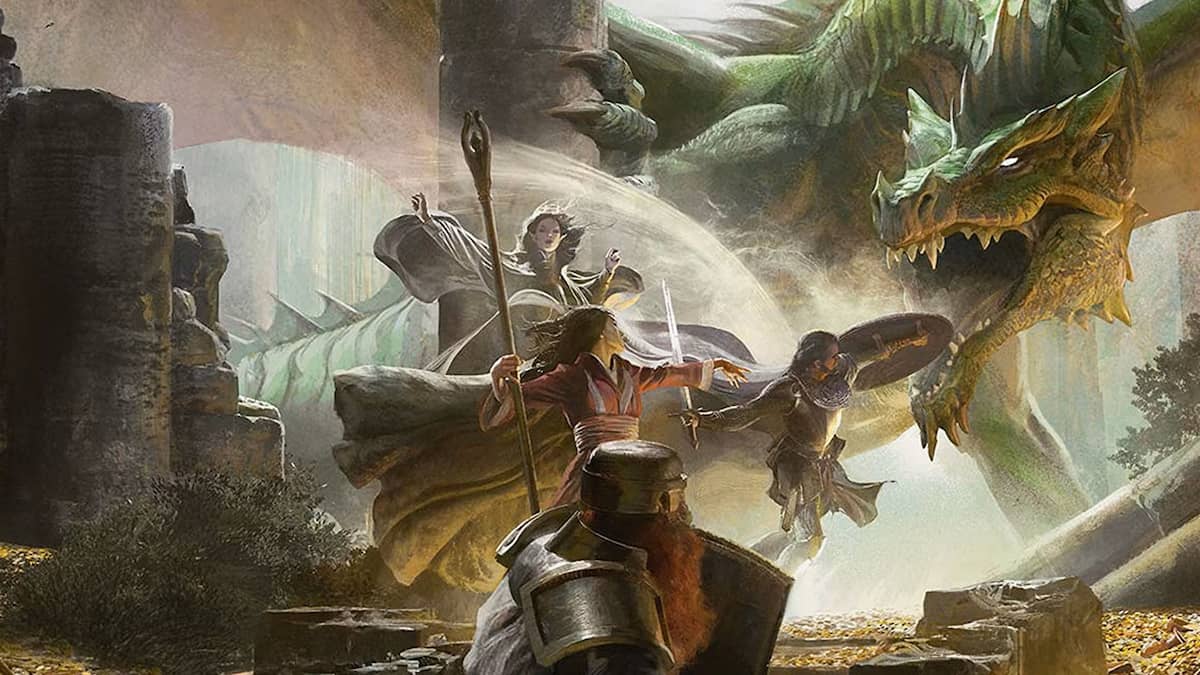
Published: Dec 12, 2020 07:55 pm